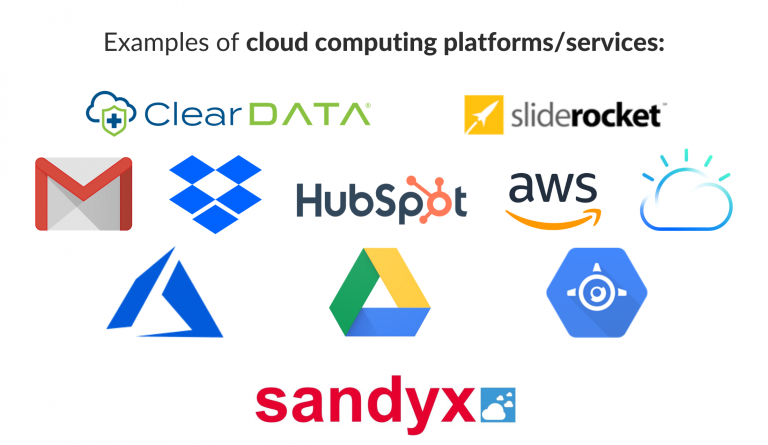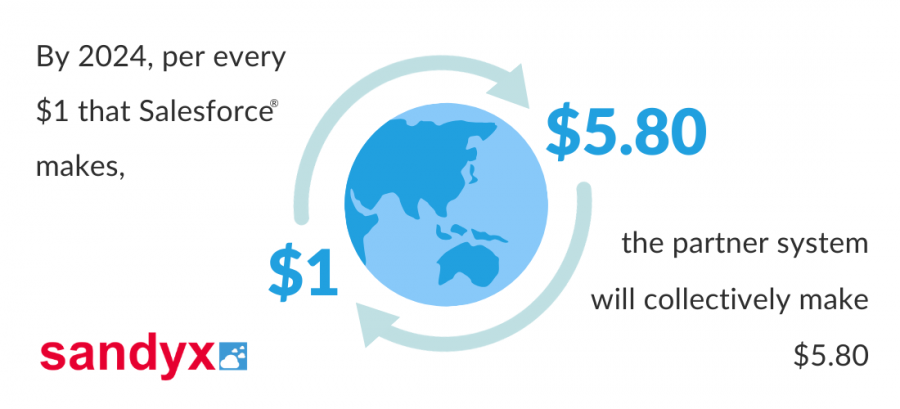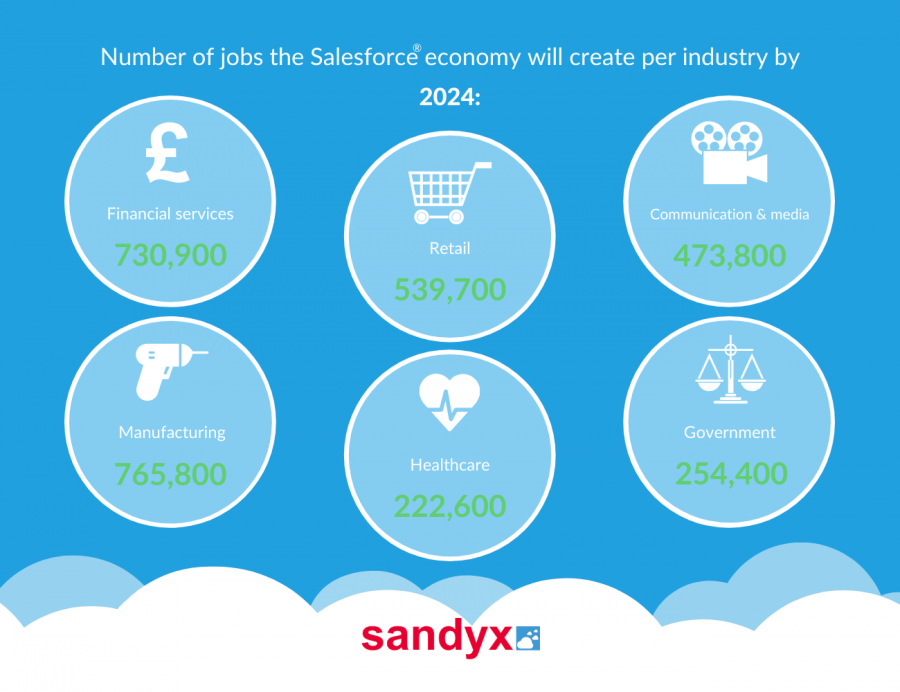Add Your Heading Text Here
What is cloud computing?
“The Cloud” is a common but somewhat ambiguous phrase you’ll likely have heard a lot about by now.
Cloud computing is used to describe on-demand computing services, referring to everything from apps to data storage. Not only does cloud-based computing allow companies to save on costs and stress associated with managing their own IT infrastructure, it has also made so many aspects of our day to day life possible, such as email, social media and content streaming.
Below are five important things about cloud computing that you should know.
1. Firstly, the acronyms you need to understand
Before learning anything else about cloud computing, it’s crucial that you know about the three main different types of cloud service models out there and understand how they differ.
– SaaS (Software as a Service)
Sometimes referred to as ‘on-demand software’, SaaS describes cloud software that is run and managed solely by the service provider. End users can gain access via the internet and do not need to worry about the infrastructure or maintenance.
– PaaS (Platform as a Service)
Currently the most popular cloud model, PaaS refers to software and hardware tools across the internet that help users develop their own applications. Google App Engine is a great example of a PaaS platform.
– IaaS (Infrastructure as a Service)
IaaS means that users typically have a pay-as-you-go contract for services like data storage, virtual servers and networking features.
2. Cloud computing is everywhere
When using the cloud, location is unimportant.
The beauty of cloud computing is that an internet connection is quite simply all you need and you can access your information from everywhere. The applications you use for work, social networking or organisation are likely to be currently running on hundreds of high powered computers around the world, but this will never get in the way of your usage or even support.
Ever heard of Dropbox? Dropbox is a great example of a cloud storage platform that has become a first choice of businesses in recent years, as it offers all users up to 1 terabyte of free storage. Gmail is another example of an even larger cloud storage platform.

3. It plays a huge role in remote working
Working from home is a hot topic at the moment.
Some people will be working remotely for the first time in their careers and undoubtedly are doing so by using cloud based tools and apps, such as Gmail or Outlook.com.
The very nature of cloud computing means it’s easier than ever for employees across many industries to access their work and effectively collaborate with others whilst working from home. Zoom, the online video conferencing platform, is another great example of a cloud-based service and it’s incredibly current at the moment. Research from Learnbonds.com shows that across February 22nd – March 22nd 2020, Zoom was downloaded a record-breaking 17,190,100 times.
4. Security concerns and guarantees
Although it’s often questioned whether we should be trusting a third party with sensitive data, the simple answer is yes. The detailed encryption methods used by the biggest cloud providers offer more safety than the average computer user could ever imagine.
Storing your data in the cloud also guarantees it is safe should you ever lose or damage your device (provided you’ve already enabled password protection). The risk of human error is less prominent however keeping your password and login details safe is your responsibility.
Your cloud computing vendor will be well equipped to protect your data from situations like power outages and have thorough disaster recovery plans in place for unprecedented emergencies. Some vendors or providers will even have security certificates to prove their reliability.
5. Cloud spending is only set to increase
Worldwide spending on cloud computing infrastructure will be worth $284bn in 4 years, Canalys has predicted. This will be due to more widespread adoption across countries and industries.
SaaS will remain the largest market segment of cloud computing and generate revenues of up to $133bn in 2021, Gartner has anticipated. IaaS sales revenue will follow in second at $61.3bn and PaaS is in third place at $48.3bn.
How we can help
If you would like to discuss any aspects of the topics discussed in this article, or understand how Salesforce can help your business, then please get in touch. You can also ring us directly, on 0161 710 3250



